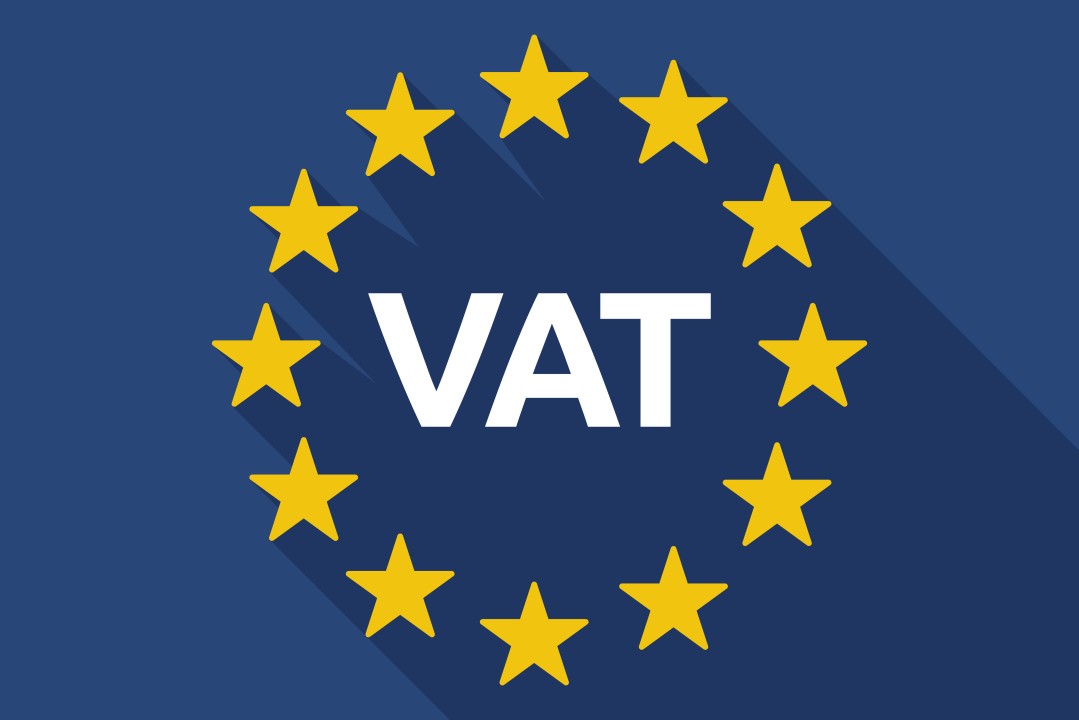Is SME cross-border business set for a take off in the European Union in the years to come? That is certainly the hope of EU finance ministers when they signed off – some rather reluctantly – on new Value Added Tax exemption rules that currently only apply to domestic trade.
Proposed in 2018 as part of an overall EU VAT reform, the new legislation will expand current SME VAT exemptions to cross-border sales while also simplifying various invoicing and accounting rules. The European Commission says the new rules will reduce SME compliance costs for EU cross-border business by 18 percent while boosting overall sales by 13 percent on an annual basis.
In order to get the legislation across the final hurdle, EU member states had to overcome divisions concerning various thresholds that stipulate when an SME can benefit from VAT exemption rules on cross-border sales. Finland, which did all the heavy lifting during its presidency in the second of 2019, put forward a baseline annual threshold of 85,000 euros for domestic sales and another 100,000 euros in cross-border sales. In addition, the Finnish proposed a compromise that allowed for flexibility in calculating the thresholds from one year to the next.
Ultimately the thresholds were approved but not before intensive negotiations. Some member states opposed the 85,000 euro national turnover threshold level because they saw it as a first step towards a harmonized EU turnover rate for domestic VAT exemptions. Currently EU member states are allowed to set their own annual threshold levels for when a company is exempt from imposing VAT. The levels range from as low as 10,000 euros to approximately 100,000 euros.
The cross-border EU sales annual threshold of 100,000 euros was also a problem for some EU countries because of the flexible terms for its calculation. They were and some remain concerned that the costs for a small company to determine if it qualifies for an exemption will outweigh the cost savings, according to some EU officials. Moreover they believe a company with five or six employees will not hire a tax adviser, which they would need, in order to do the required accounting and bookkeeping.
SMEunited, the leading EU trade association representing approximately 24 million members, also opposed the national turnover threshold of 85,000 euros for two reasons. They also insisted the 85,000 euro threshold would put pressure on EU member states with a lower threshold to increase it.
Another SMEunited concern revolves around the unfair negative competitive impact it will have on SMEs with thresholds just above 85,000 euros and 100,000 euros in cross-border trade.
Are those concerns justified? We will find out in 2025 after the new rules have taken effect on Jan. 1 2024.

